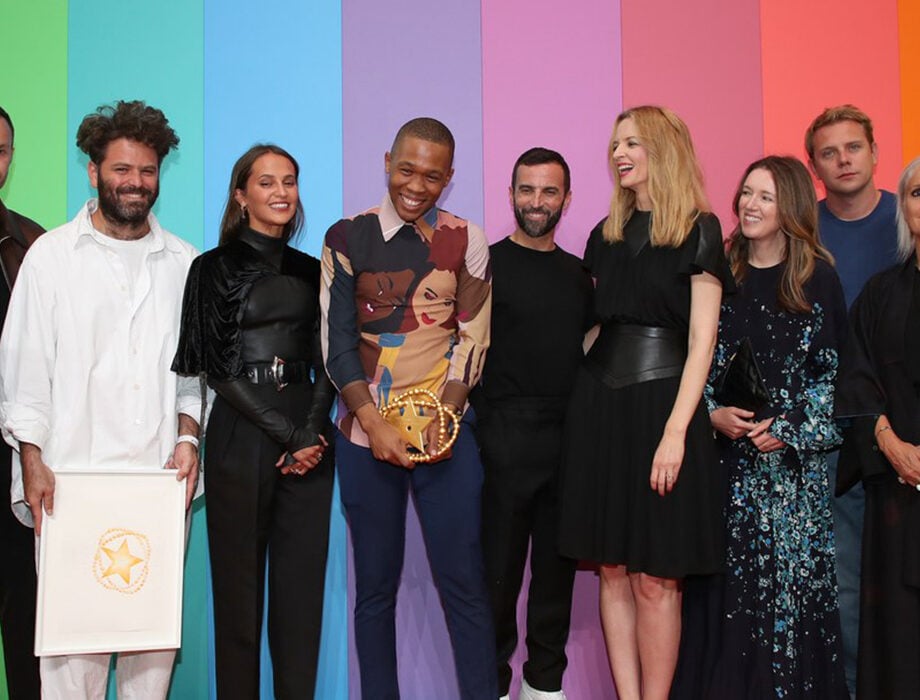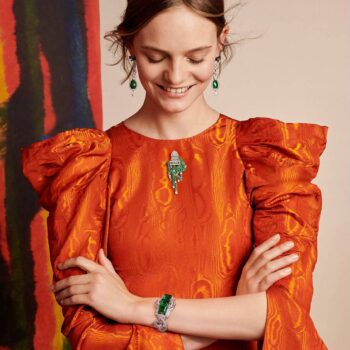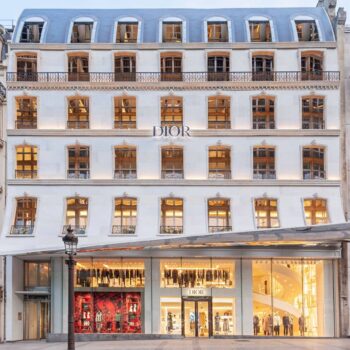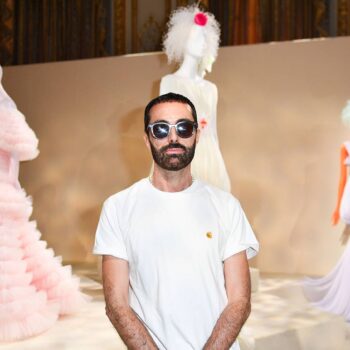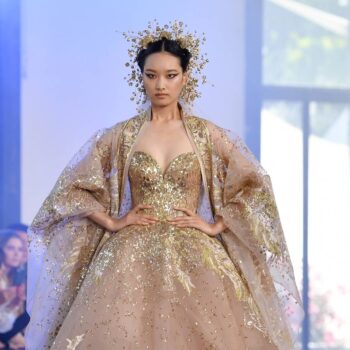Thebe Magugu’s smile was as broad as the colours and patterns of the clothes he creates. But how could the South African designer, who walked off with this year’s LVMH Prize for upcoming fashion talent, have imagined a physical journey from Johannesburg to Paris – and a mental shift from local to global?

“It is more than a dream,” said Magugu, 26, whose exceptional designs with their sophisticated applications were familiar to me, having invited him to the Condé Nast International Conference in South Africa in April.
But the winner of the LVMH 2019 Prize was not the only far-away contestant. After six years of growth, the LVMH Prize is stretching its tentacles across the world, with a second African contestant in Kenneth Ize from Nigeria, and the winner of the new Karl Lagerfeld Prize, Hed Mayer from Israel.

“There were an exceptional number of applicants: a record 1,700 from one hundred countries,“ said Delphine Arnault, the event’s main organiser and Executive Vice-President of Louis Vuitton, while her father Bernard Arnault, Chairman and Chief Executive of LVMH Moët Hennessy – Louis Vuitton, praised the fresh focus on sustainability and thoughtful fashion.
